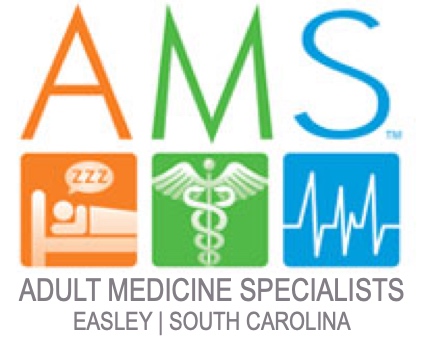Unlocking Insights: Harnessing Carotid Doppler to Gauge Cardiovascular Health
In the realm of modern medicine, the emphasis on early detection and prevention of cardiovascular diseases has never been more critical. As an internist dedicated to the well-being of our patients, it’s essential to stay at the forefront of innovative approaches that aid in identifying risks and devising tailored treatments. In this blog, we will explore the profound significance of recognizing and treating cardiovascular diseases, with a spotlight on two diagnostic tools: the coronary artery calcium score and carotid Doppler studies.
Guardians of the Heart: Recognizing and Treating Cardiovascular Disease
Cardiovascular diseases, such as coronary artery disease (CAD), can strike silently, often revealing their presence through unexpected events like heart attacks or strokes. This is why understanding and addressing the risk factors that contribute to these conditions is of paramount importance. One of our missions revolves around equipping our patients with the knowledge and tools needed to safeguard their heart health.
The Coronary Artery Calcium Score: A Window into Heart Health
The coronary artery calcium score is a revolutionary tool that enables us to peer into the health of the coronary arteries like never before. This non-invasive imaging technique helps quantify the amount of calcified plaque present in the coronary arteries. By assessing the degree of calcification, we can gauge the extent of atherosclerosis and the potential risk of cardiovascular events.
The coronary artery calcium score offers invaluable insights. It empowers us to stratify patients’ risk levels accurately and tailor interventions accordingly. Patients at higher risk may benefit from more aggressive management strategies to mitigate their risk of heart disease and improve their overall quality of life. Thus we emphasize control of high blood pressure and diabetes if present and eliminate life style issues like smoking cessation. Above all it provides more emphasis on the importance of lowering cholesterol.
Carotid Doppler: Extending the Vision to Carotid Arteries
But what about a similar tool for understanding the health of arteries beyond the heart? Enter carotid Doppler studies—a method that mirrors the insight provided by coronary artery calcium scores. Carotid Doppler studies allow us to assess blood flow and detect potential stenosis or narrowing in the carotid arteries located in the neck. These arteries supply blood to the brain, and their health is intrinsically linked to overall cardiovascular well-being.
Much like the coronary artery calcium score, carotid Doppler studies offer a glimpse into the presence of atherosclerosis and the potential risk of stroke and other cardiovascular events. By analyzing blood flow and identifying any stenosis, we can develop personalized treatment plans and lifestyle interventions tailored to each patient’s needs. So just as risk factor management strategies are indicated by a positive calcium score, atherosclerotic changes in the carotid arteries brings with it those same indications.
Empowering Preventive Care: A Unified Approach
As we champion preventive care, the use of carotid Doppler studies emerges as a formidable tool that enables us to adopt a holistic approach to cardiovascular health, ensuring that we leave no stone unturned in our pursuit of early detection and intervention.
Incorporating carotid Doppler studies into our practice elevates our ability to provide comprehensive care. Just as the coronary arteries can be used to assess heart health, we can extend that vision to the carotid arteries, shedding light on the broader cardiovascular landscape.
Conclusion
Recognizing and treating cardiovascular disease is a journey that demands vigilance, innovation, and a commitment to the well-being of our patients. The coronary artery calcium score and carotid Doppler studies are two remarkable tools that bolster our capabilities, allowing us to intervene with precision and empower patients on their path to heart health. As we continue this journey, we stand united in our dedication to ensuring that every beat of the hearts counts.
Steven E. Freeman, MD, PhD




